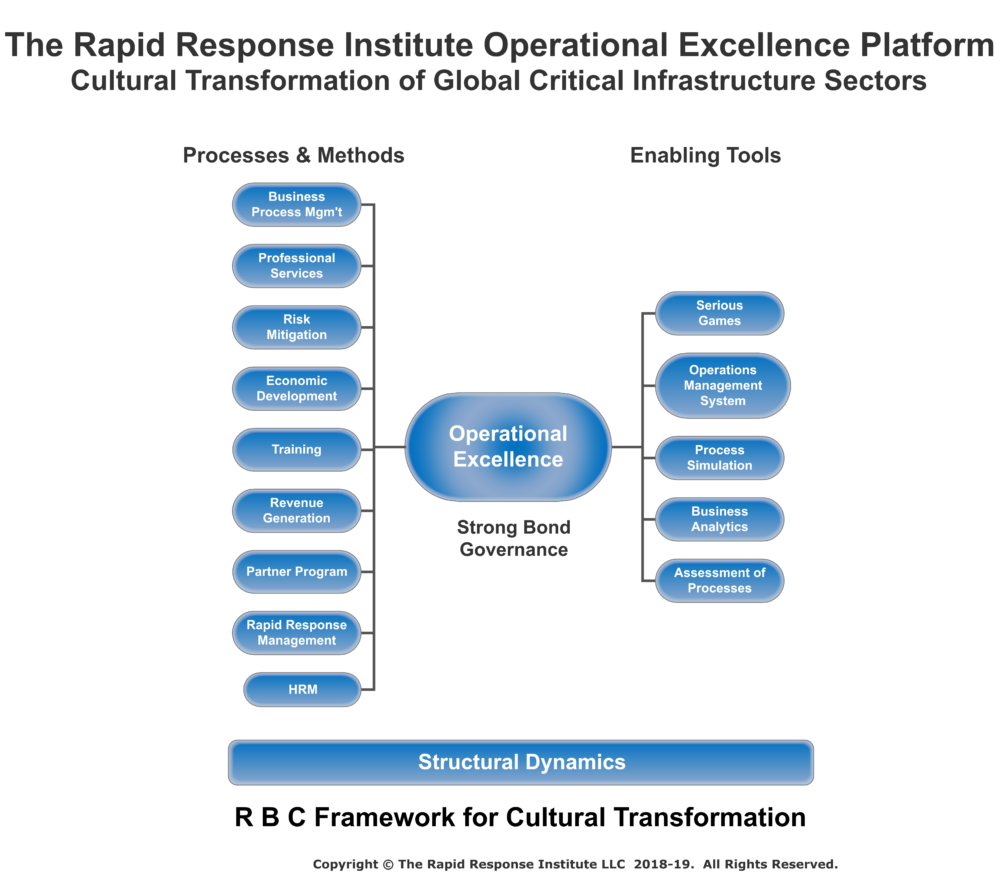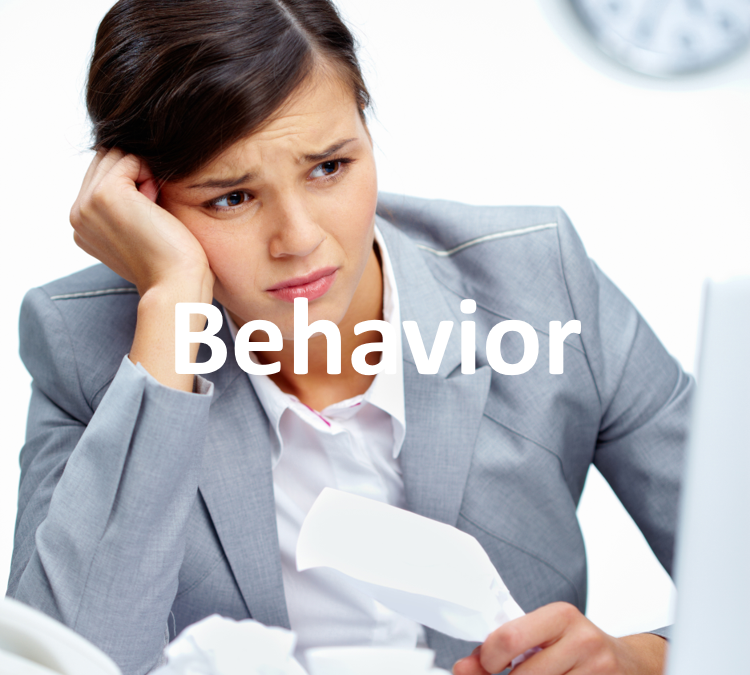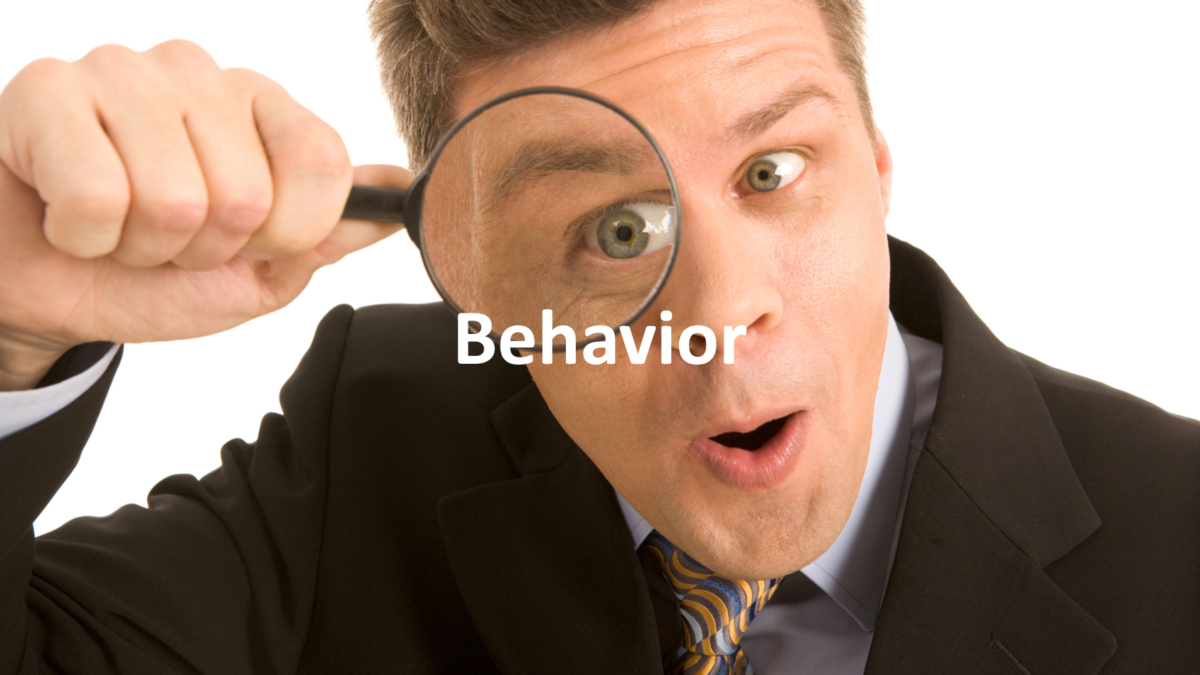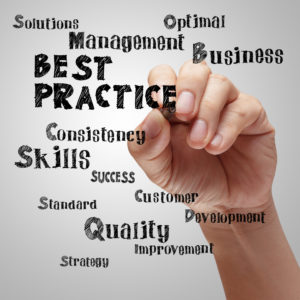Its All About Risk Mitigation!
Our Operational Excellence Platform is an online technology-based set of business processes that enables the development, deployment and management of Operational Excellence solutions and services by our firm, partners and other third parties.
Clients can also adopt the basic platform framework and customize it to meet their specific requirements.
Several third-party studies suggest that firms with strong operational excellence (OE) programs can be game changing in their critical infrastructure sectors. If this is the case, why do so few organizations attain OE?
So What is Operational Excellence?
Before we can strive to attain and sustain operational excellence, we must understand what we are trying to accomplish. We like this definition, taken from BTOES insights:
Operational Excellence is the execution of the business strategy more consistently and reliably than the competition, with lower operational risk, lower operating costs, and increased revenues relative to its competitor. It is needed more than ever in today’s technology driven rapidly changing business models, which require organizations to undergo end-to-end business transformation. Operational Excellence can also be viewed as execution excellence.
However, the focus of Operational Excellence goes beyond the traditional continuous improvement methods to a long-term change in organizational culture. Companies in pursuit of Operational Excellence do two things significantly differently than other companies: they manage their business and operational processes systematically and invest in developing the right culture.
Operational Excellence manifests itself through integrated performance across revenue, cost, and risk. It focuses on meeting customer expectation through the continuous improvement of the operational processes and the culture of the organization. The goal is to develop one single, integrated enterprise level management system with ideal flow. The second component, a culture of Operational Discipline, is commonly described as doing the right thing, the right way, every time. This culture is built upon guiding principles of integrity, questioning attitude, always problem-solving, daily continuous improvement mind-set, level of knowledge, teamwork, and process driven.
Our goal is to enable our clients and their ecosystems to attain and sustain a level of operational excellence based on this definition.
Critical Industry Sectors Require Operational Excellence Business Models
The United States Department of Homeland Security has identified 16 critical infrastructure sectors.

R B C Framework for Cultural Transformation

The Relationships, Behaviors, Conditions model was initially developed for research into international Cross-Cultural Negotiations. Later we adopted this approach to train organizations in critical industry sectors about the Safety Culture differences among organizational ecosystems
The RELATIONSHIPS, BEHAVIORS, and CONDITIONS (RBC) model was originally developed to address issues around cross cultural (international) negotiation processes. Later we adopted this approach to train organizations in critical industry sectors about the Safety Culture differences among organizational ecosystems.
Relationships are the focal point of this perspective, reflecting commonality of interest, balance of power and trust as well as intensity of expressed conflict.
Behavior in this model is defined as a broad term including multi-dimensions and intentional as well as unintentional. Finally, Conditions are defined as active and including circumstances, capabilities and skills of the parties, culture, and the environment. Of course, time is a variable in this model as well.
One key feature of the R B C Framework is its emphasis on interactive relationships while providing an environment for multiple levels of behavioral analysis. This makes it a useful tool to better understand the new regulatory processes currently unfolding. As we will see later, the number of constituents now engaged belays the use of simplistic linear decision models.






Role of Culture in Operational Excellence
According to a recent BTOES insights global survey, over 53 percent of respondents cite transforming an organization’s culture as their “top critical challenge” driving Operational Excellence success. Sub-components of this transformation challenge include:
Senior Leadership Buy-In & Understanding
Sustaining Improvements
Driving End-to-End Business Transformation
Moreover, this same survey indicates that the top three drives of Business Transformation leading to the adoption of Operational Excellence across the organizational ecosystem are:
Rising Customer Expectations
More Competitive Landscape
Impact of Digitalization
Finally, over 44 percent are employing robust OE methodologies to drive customer satisfaction.
Enabling Cultural Transformation
We have developed our Operational Excellence Transformation solution for over two decades, long before the current OE trend started. Take a look at our methodology.
